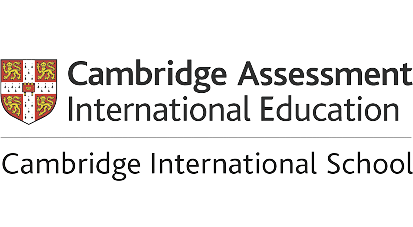Based on an overview of the person, the term “psycho-motor”combines cognitive, emotional, symbolic and sensory-motor aspects. It represents a close connection between the psyche (mental processes) and motor (physical activities). It draws our attention to the close link between psychological and motoric experiences.
The link between psyche and motor can be observed in everyday life in each and every one of us. All movements, from a smile to the wave of a hand, express emotional processes that take place in the human mind. Psychomotor skills, when well-defined, plays a key role in the harmonious development of personality.
What physical development ultimately tries to achieve is not just to experience pleasure from movement. One of the aims is also to be able to understand and get to know one’s own self, to form a positive relationship with one’s environment and to be able to make contact with people who live in it. This is the way to form the basis for the building and maintaining of social relations throughout the rest of our lives and at Dallington school we are aware of it, for this reason, our school attach great importance to psycho-motricity.
Psycho-motricity can be divided into several areas: Neuromotorics, Sensomotorics and Sociomotorics.
Neuro-motorincludes fine and gross motor skills, the coordination of movements, bodily scheme, balance and orientation in space. At Dallington School, we work on all these aims in our normal routines, such as playing with puzzles, doing balance exercises, up and down stairs, playing in the play-ground and endless activities that help our students to develop those skills.

Senso-motor is understood as the motoric action or reaction of an individual to stimuli experienced by sight, hearing, touch, smell or taste. Psychomotorics often uses musical accompaniment because children react (well) to auditory stimuli and express their emotions spontaneously through movement. At Dallington School, we use a wide range of activities taking into account this area, such as singing songs, dramatised stories, dancing freely to the rhythm of music, experimenting with different textures; all with a great acceptance by our students.

Socio-motor is one of the lesser known and used terms. It denotes movement, behaviour, actions and reactions of a person in the family, at school, among peers, at work and in other distinctive groups and, in fact, in the whole society as such.
At Dallington, we work this area through the routines. Our students have been learning over the past few months to anticipate what comes next. This brings them peace and well-being, which are pillars of our school.

This division is significant, especially in early childhood, the particular areas start overlapping later on, and they develop simultaneously and influence each other.It is not possible to separate them, on the contrary, it is necessary to make use of this multilateral, influencing for the benefit of the individual or group.
Elisa García, Pre-Nursery teacher and Physical Development specialist



